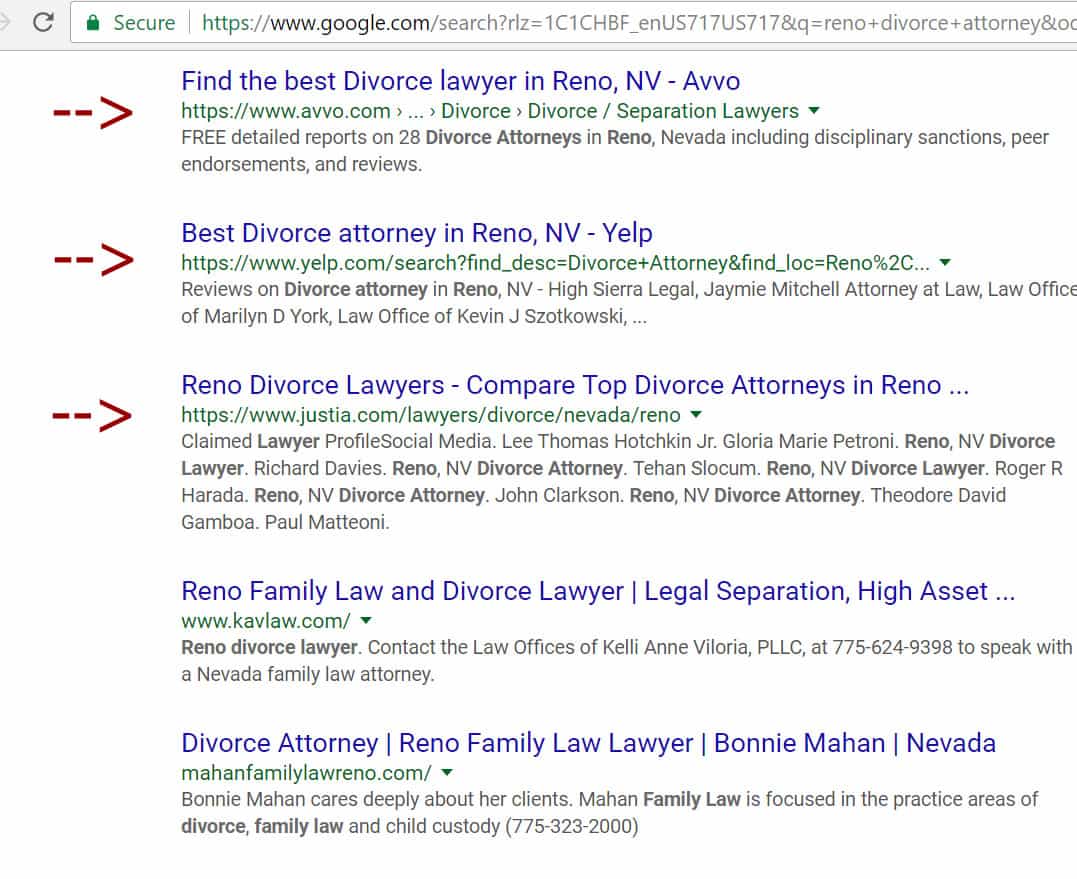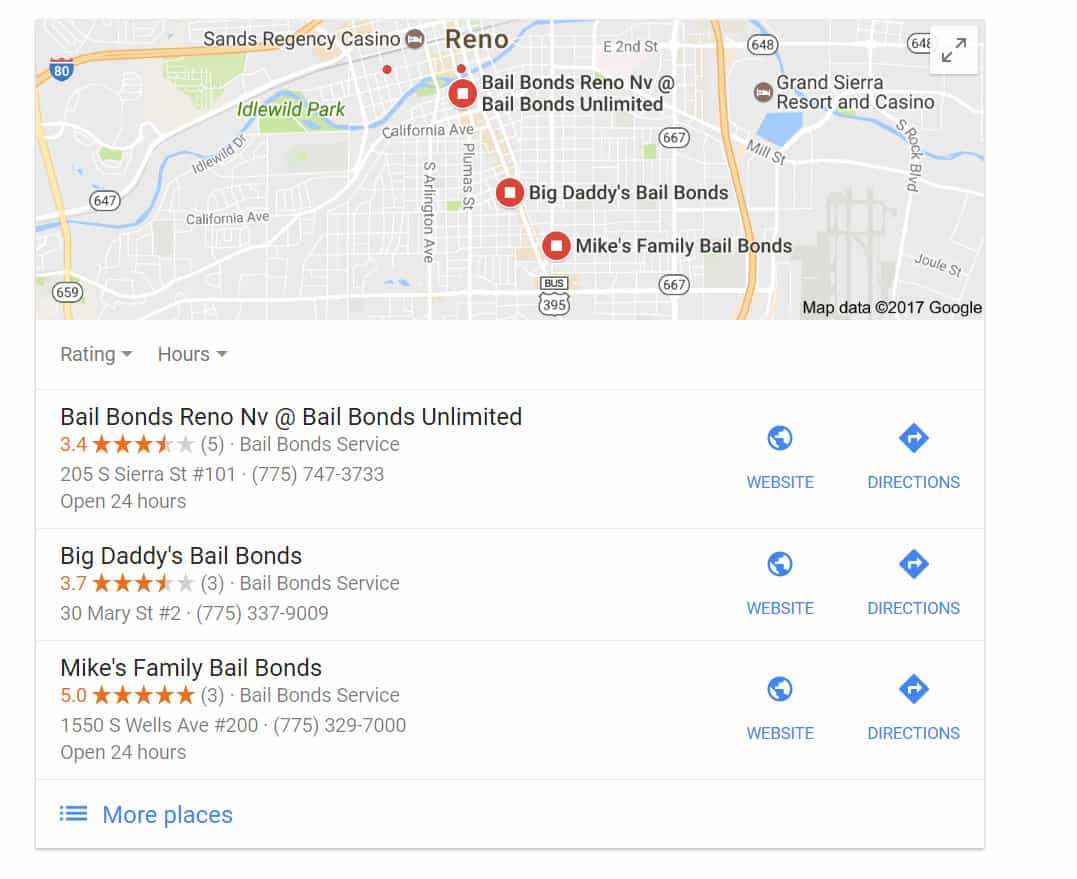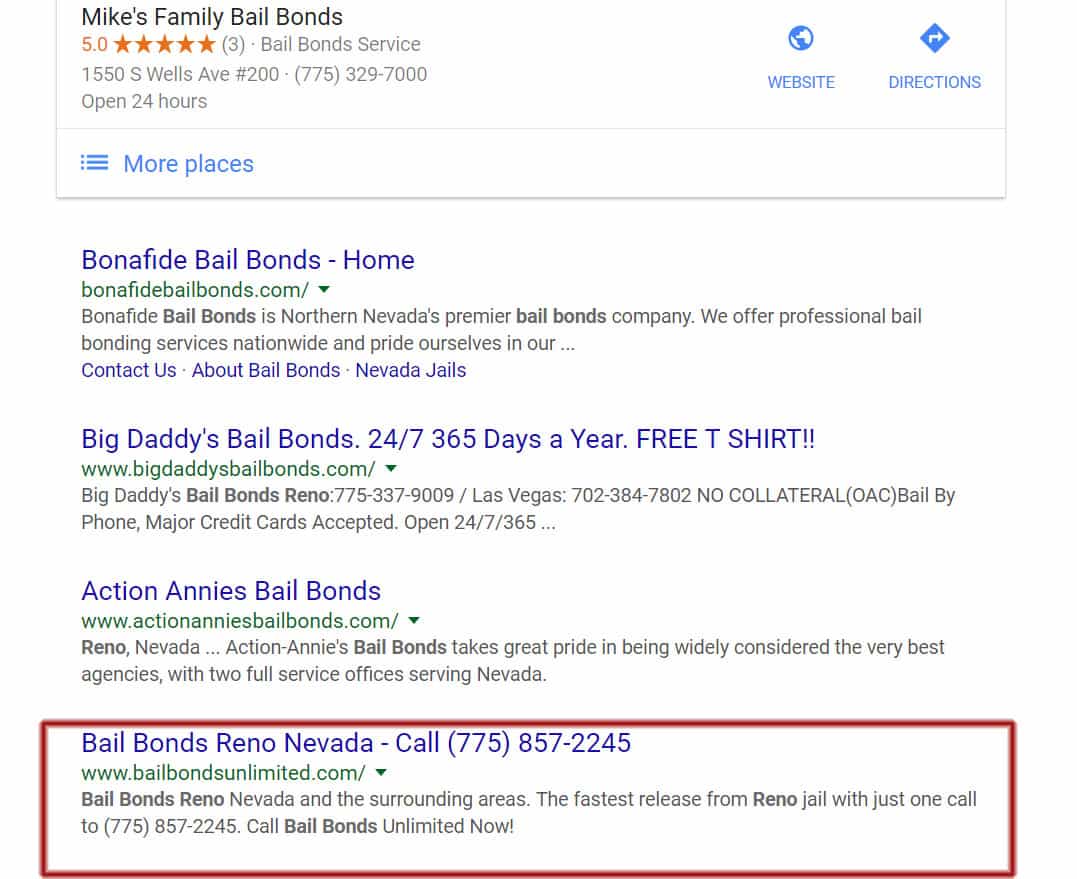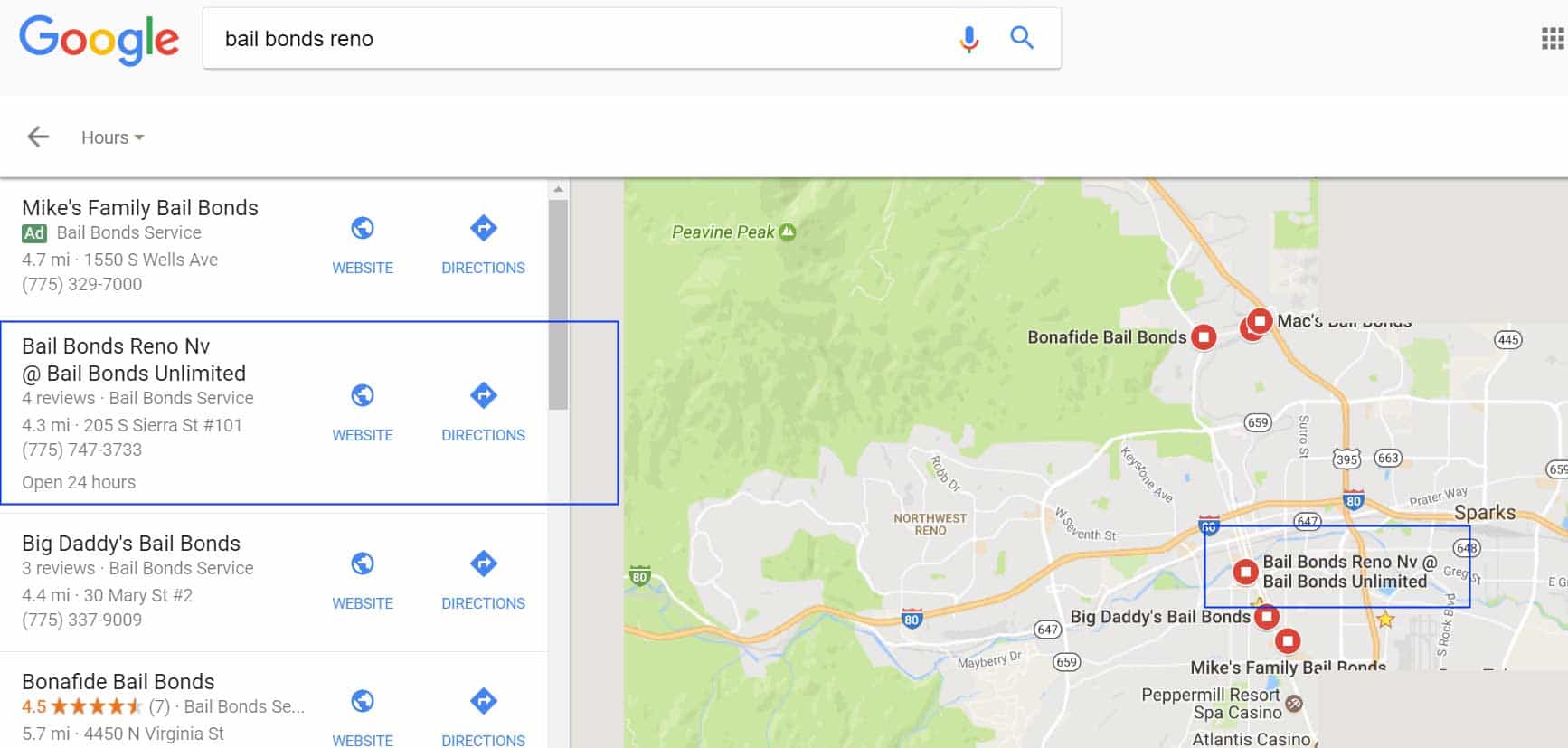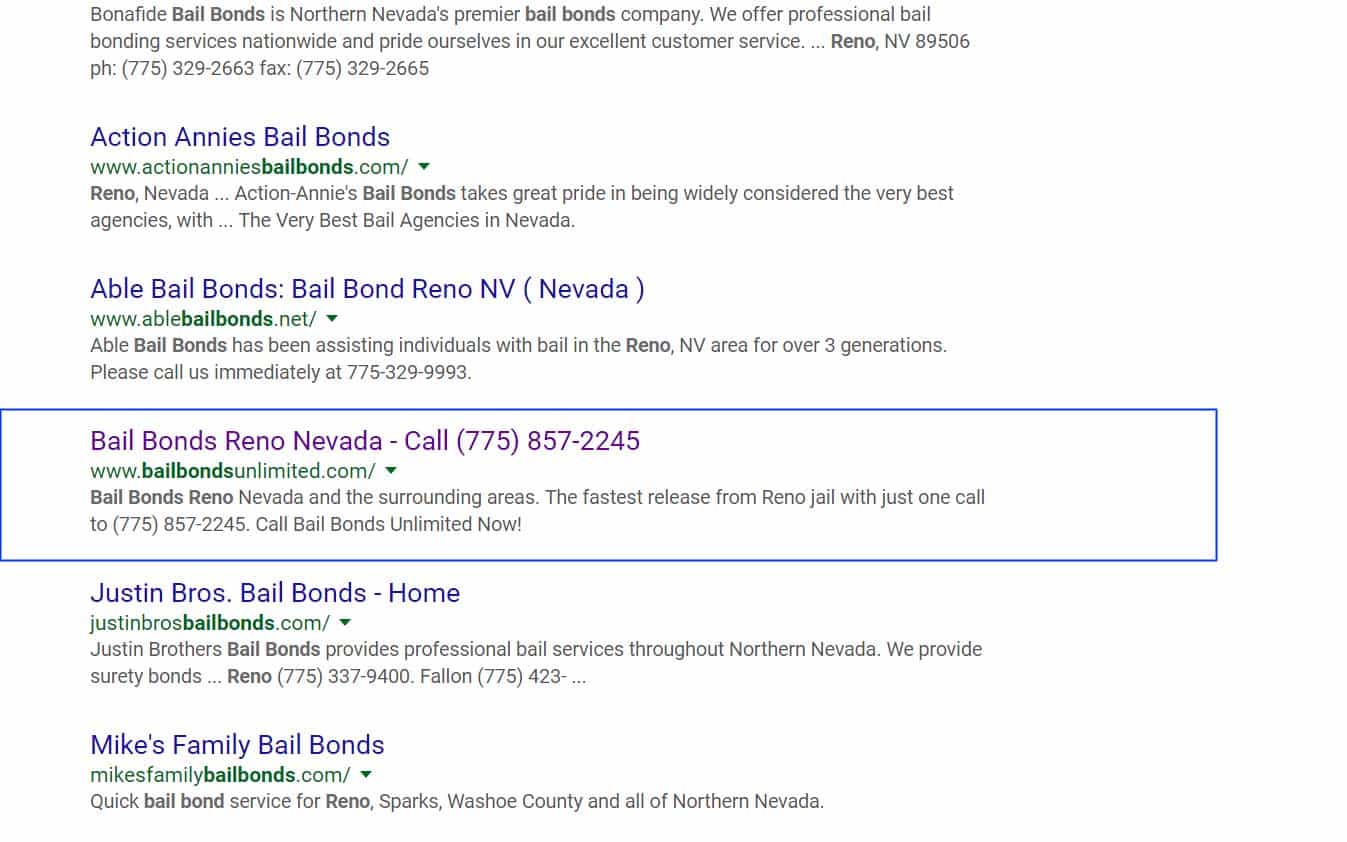
Dec 29, 2023 | Web Design
Technical SEO:
1. Secure Website (HTTPS): Ensure the website uses HTTPS for security.
2. Mobile-Friendly Design: Optimize the website for mobile devices.
3. Fast Loading Speed: Aim for quick page load times.
4. XML Sitemap: Create and submit an XML sitemap to search engines.
5. Robots.txt File: Ensure it’s correctly configured to guide search engine crawlers.
6. Structured Data: Use schema markup (especially for legal services).
7. Canonical Tags: To avoid duplicate content issues.
8. 404 Error Management: Regularly check and fix broken links.
9. Redirects: Properly implement 301 redirects for any old URLs.
10. Clean URL Structure: URLs should be simple and readable.
11. Breadcrumb Navigation: To enhance user navigation and SEO.
12. SSL Certificate: Ensure it’s valid and up to date.
13. Website Architecture: Organize content in a clear hierarchy.
14. Image Optimization: Compress and tag images appropriately.
15. Browser Compatibility: Ensure the site works across all browsers.
16. Local Hosting: Consider hosting the website in the country of operation.
17. Server Uptime: Ensure reliable hosting with minimal downtime.
18. AMP Pages: If applicable, for faster mobile page loads.
19. Regular Technical Audits: To identify and fix technical issues.
20. Avoid Flash Content: As it’s not SEO-friendly.
SEO Content:
21. Quality Content: Write informative, accurate, and engaging content.
22. Practice Area Pages: Detailed pages for each service offered.
23. Regular Blogging: Share insights on legal topics and updates.
24. Video Content: To engage visitors and provide information visually.
25. E-A-T Principles: Demonstrating Expertise, Authority, and Trustworthiness.
26. Case Studies/Testimonials: Showcase success stories and client feedback.
27. FAQ Section: For common legal questions.
28. Regular Content Updates: Keep information current and relevant.
29. Infographics: To make complex legal information more accessible.
30. Unique Content: Avoid plagiarism and duplicate content.
31. Content Length: Ensure pages have substantial, in-depth content.
32. Use of Subheadings: For better readability and SEO.
33. PDF Resources: Offer downloadable legal guides or whitepapers.
34. Legal Disclaimer: Necessary for compliance and trust.
35. Multilingual Content: If targeting non-English speaking clients.
36. Accessibility Features: Like text-to-speech for the visually impaired.
37. Internal Linking: To guide visitors to relevant pages.
38. Keyword Optimization: Without overstuffing.
39. Meta Descriptions: Enticing and relevant to the page content.
40. Alt Tags for Images: Descriptive and keyword relevant.
On-Page SEO:
41. Title Tags: Clear and keyword-optimized for each page.
42. Meta Descriptions: Accurately summarize page content.
43. Header Tags (H1, H2, etc.): Organize content clearly.
44. Local Keywords: Include local search terms.
45. NAP Consistency: Name, Address, Phone Number consistency across the site.
46. Clickable Contact Information: Ensure it’s easy to contact the firm.
47. Lawyer Bios: Detailed professional profiles.
48. Social Proof: Awards, recognitions, and memberships.
49. Service Area Pages: For different geographic locations served.
50. Call-to-Action: Clear and compelling CTAs on each page.
Off-Page SEO:
51. Google My Business: Complete and optimize the listing.
52. Local Directory Listings: In legal and business directories.
53. Backlink Strategy: Gain links from reputable legal sites.
54. Social Media Activity: Engage with audiences on relevant platforms.
55. Online Reviews: Encourage satisfied clients to leave reviews.
56. Community Involvement: Highlight charity work or local sponsorships.
57. Guest Blogging: On reputable legal industry websites.
58. Press Releases: For significant firm news or cases.
59. Professional Associations: Membership badges and links.
60. Local Events: Participation in or sponsorship of local events.
Legal Industry-Specific:
61. Compliance with Bar Association Rules: For advertising and conduct.
62. Client Confidentiality: Ensure the website respects privacy laws.
63. Ethical Marketing: Avoid guarantees or misleading claims.
64. Accreditations: Showcase legal accreditations and certifications.
65. Jurisdiction Specific
Information: Tailor content to the relevant legal jurisdiction.
66. Clear Fee Structures: Where permitted, provide information on fees.
67. Legal Thought Leadership: Publish whitepapers or research studies.
68. ADA Compliance: Ensure website accessibility.
69. Legal Terms Glossary: To educate and inform visitors.
70. Case Results: Where ethical, share past successes.
Analytics and Monitoring:
71. Google Analytics: To track website traffic and user behavior.
72. Conversion Tracking: Monitor how visitors interact with the site.
73. Keyword Tracking: Regularly check rankings for target keywords.
74. Backlink Monitoring: Keep an eye on the link profile.
75. Competitor Analysis: Understand what competitors are doing.
76. User Feedback: Collect and consider user input for improvements.
77. Heatmaps and User Behavior Tools: To optimize user experience.
78. Regular Reporting: To assess progress and adjust strategies.
79. Social Media Analytics: Track engagement and reach.
80. Local SEO Tracking: For performance in local search results.
Security and Legal Compliance:
81. Data Protection: Ensure compliance with data protection laws (e.g., GDPR).
82. Cookie Policy: Clear policy and consent mechanism.
83. Privacy Policy: Comprehensive and up-to-date.
84. Terms of Use: Legal conditions for using the website.
85. Cybersecurity Measures: To protect client information.
86. Regular Security Audits: To prevent breaches.
87. SSL Certificates: Keep them updated for secure connections.
88. DMCA Compliance: For content rights.
89. Accessibility Compliance: Adhering to WCAG guidelines.
90. Legal Disclaimers: As necessary for content and advice.
Advanced Strategies:
91. Voice Search Optimization: For emerging search trends.
92. AI Chatbots: For instant engagement and queries.
93. Personalization: Tailor content based on visitor behavior.
94. Video SEO: Optimize video content and descriptions.
95. Podcasts or Webinars: For in-depth legal discussions.
96. Advanced Schema Markup: For rich snippets in search results.
97. Content Clusters: Build authority around key topics.
98. Influencer Collaborations: Partner with legal influencers.
99. Retargeting Ads: To re-engage visitors.
100. Continuous Learning: Stay updated with SEO and legal marketing trends.
This checklist covers a comprehensive range of aspects to optimize an attorney or law firm website for better search engine visibility while ensuring compliance with legal marketing ethics. Regularly reviewing and updating these elements can significantly improve online presence and client engagement.
Contat Top Legal SEO Expert Sandy Rowley for a quote at 775-870-0488.

Dec 20, 2023 | law firm seo company, Lawyer Marketing Company, legal seo
30-step guide to help you optimize your Law Firm’s website for better search engine visibility
1. Website Audit: Begin with a thorough audit of your website to identify current SEO strengths and weaknesses.
2. Keyword Research: Conduct detailed keyword research to find terms relevant to your legal services.
3. Competitive Analysis: Analyze your competitors’ websites to understand their SEO strategies.
4. Optimize URL Structure: Ensure URLs are concise, readable, and include relevant keywords.
5. Title Tags Optimization: Create unique and descriptive title tags for each page, including relevant keywords.
6. Meta Descriptions: Write compelling meta descriptions that include targeted keywords.
7. Header Tags: Use header tags (H1, H2, H3) effectively to structure content and include keywords.
8. Content Quality: Produce high-quality, informative content that addresses your target audience’s legal queries.
9. Keyword Optimization: Strategically place keywords in your content without overstuffing.
10. Internal Linking: Implement a robust internal linking structure to help users navigate your site.
11. External Linking: Link to authoritative external sources to enhance content credibility.
12. Mobile Optimization: Ensure your website is mobile-friendly, as most users access the internet via mobile devices.
13. Loading Speed: Improve your website’s loading speed, as slow sites rank lower in search results.
14. SSL Certificate: Secure your website with an SSL certificate for better rankings and user trust.
15. XML Sitemaps: Create and submit XML sitemaps to search engines for better indexing.
16. Robots.txt File: Use a robots.txt file to control which pages search engines can crawl.
17. Structured Data Markup: Implement structured data (schema) to help search engines understand your site’s content.
18. Image Optimization: Optimize images with descriptive file names and alt tags.
19. 404 Error Pages: Fix or redirect 404 error pages to improve user experience.
20. Canonical Tags: Use canonical tags to prevent duplicate content issues.
21. Social Media Integration: Integrate social media on your website for better engagement.
22. Blog Regularly: Regularly publish blog posts on legal topics to attract more visitors.
23. Local SEO: Optimize for local SEO by listing your firm on Google My Business and local directories.
24. User Experience (UX): Improve the overall UX of your website for better engagement and lower bounce rates.
25. Backlink Strategy: Develop a strategy to acquire high-quality backlinks from reputable sites.
26. Monitor Analytics: Regularly monitor your site’s analytics to understand user behavior and make necessary adjustments.
27. Regular Updates: Keep your website’s content updated to remain relevant and authoritative.
28. Compliance with ADA: Ensure your website complies with the Americans with Disabilities Act (ADA) for accessibility.
29. Voice Search Optimization: Optimize for voice search as its usage is on the rise.
30. Continuous Learning: Stay updated with the latest SEO trends and algorithm updates.
Implementing these steps will help your law firm’s website rank higher in search engine results, ultimately leading to increased visibility and potential client engagement. Remember, SEO is an ongoing process, and staying updated with the latest practices is crucial for long-term success.
Let’s delve deeper into each of the 30 steps for optimizing a law firm’s website for SEO:
Website Audit: Start by evaluating your website’s current performance. Check for technical issues, broken links, loading speeds, mobile responsiveness, and existing search engine rankings. Tools like Google Analytics and SEMrush can be helpful.
Keyword Research: Identify keywords relevant to your legal services. Use tools like Google Keyword Planner to find terms your potential clients are searching for. Include both short-tail and long-tail keywords.
Competitive Analysis: Study the SEO strategies of competing law firms. Analyze their website structure, content, keyword usage, and backlink profile. Tools like Ahrefs or Moz can provide insights.
Optimize URL Structure: Ensure your URLs are simple and readable. Use hyphens to separate words and include primary keywords. Avoid long URLs and unnecessary parameters.
Title Tags Optimization: Create unique title tags for each page, using targeted keywords. Keep them under 60 characters to ensure they display properly in search results.
Meta Descriptions: Write meta descriptions that accurately summarize the page content and include keywords. Keep them under 160 characters.
Header Tags: Use H1 tags for main titles and H2, H3 for subheadings. Incorporate keywords naturally.
Content Quality: Create high-quality, informative content that addresses your audience’s needs. Focus on providing value and showcasing your expertise in law.
Keyword Optimization: Integrate keywords naturally into your content, including in the first 100 words of your pages. Avoid keyword stuffing.
Internal Linking: Use internal links to guide users to relevant pages within your site, which helps distribute page authority and improve user experience.
External Linking: Link to authoritative external sites to provide additional value to your readers and build credibility.
Mobile Optimization: Ensure your website is responsive and provides a good user experience on mobile devices.
Loading Speed: Improve your website’s loading speed by optimizing images, leveraging browser caching, and minimizing redirects. Google’s PageSpeed Insights is a useful tool for this.
SSL Certificate: Secure your website with HTTPS. This is a ranking factor for Google and also builds trust with visitors.
XML Sitemaps: Create an XML sitemap and submit it to search engines to help them index your website more effectively.
Robots.txt File: Use the robots.txt file to guide search engine crawlers on which pages to index and which to ignore.
Structured Data Markup: Implement schema markup to help search engines understand the context of your content, potentially leading to rich snippets in search results.
Image Optimization: Compress images for faster loading and use descriptive file names and alt tags containing relevant keywords.
404 Error Pages: Fix or redirect broken links to improve user experience and maintain link equity.
Canonical Tags: Use canonical tags to prevent issues with duplicate content, especially if you have similar or identical content across multiple URLs.
Social Media Integration: Include social media sharing buttons and links to your profiles to enhance engagement and traffic.
Blog Regularly: Publish regular blog posts on legal topics, industry news, or case studies to attract and engage your audience.
Local SEO: Optimize for local searches by claiming your Google My Business listing, managing local citations, and including location-specific keywords in your content.
User Experience (UX): Focus on creating an intuitive navigation structure, using engaging visuals, and providing clear calls-to-action.
Backlink Strategy: Develop a plan to acquire quality backlinks through guest blogging, partnerships, and legal directories.
Monitor Analytics: Use Google Analytics to track visitor behavior, traffic sources, and engagement metrics. Use these insights to refine your SEO strategy.
Regular Updates: Regularly update your website’s content to keep it fresh and relevant. This could include updating blog posts, revising service pages, and posting new legal insights.
Compliance with ADA: Ensure your website is accessible to all users, including those with disabilities, by following ADA guidelines.
Voice Search Optimization: Optimize for voice search by including conversational keywords and FAQs on your website.
Continuous Learning: Stay updated with SEO trends and Google’s algorithm updates. Regularly educate yourself and adapt your strategies accordingly.
Implementing these steps requires time and effort, but it’s crucial for enhancing your law firm’s online visibility and attracting more potential clients.
Want an SEO expert to do the work for you? Call or text Top SEO Expert, Sandy Rowley at 775-870-0488.






